The network builds upon pioneering efforts of plastic pollution specialists at EA – Earth Action and Quantis, particularly the Plastic Leak Project released in 2020. The Plastic Leak Project guidelines introduced the first comprehensive methodology for global companies to assess the environmental impact of plastics utilized in their products, services, and operations.
As plastic pollution continues to be a significant global issue, PFN provides a collaborative space where individuals and organizations are uniting to chart a new, more effective path toward plastic pollution mitigation.
The focus of the network is establishing harmonized, science-based frameworks and strategies for plastic pollution assessment, target setting and mitigation action. Other network efforts include advocating for meaningful global solutions, including a robust Plastics Treaty. Organizations committed to demonstrating leadership in the fight against plastic pollution are encouraged to join the network and take advantage of benefits including:
Contribute, develop, explore and exchange innovative ideas and creative solutions to the plastic pollution crisis with other committed companies and individuals.
Connect and collaborate with diverse stakeholders to amplify your impact in addressing plastic pollution.
Demonstrate your commitment to addressing plastic pollution by fostering a more comprehensive understanding of plastic pollution challenges and ensuring broad implementation of effective solutions.
Garner the support needed to advocate for sustainable practices and policies, contributing to a significant reduction in plastic waste at local, national, and international levels.
Remain informed to stay ahead of risks and opportunities, and be empowered to pursue a plastic pollution-free future with the latest industry insights and strategies coming from network members.
The PFN exists thanks to the generous contributions of our community of experts, sponsors and members.
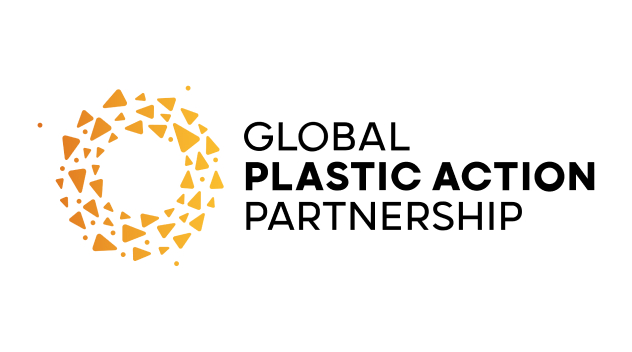
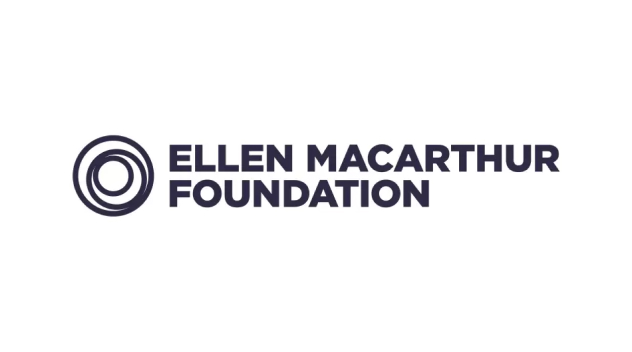

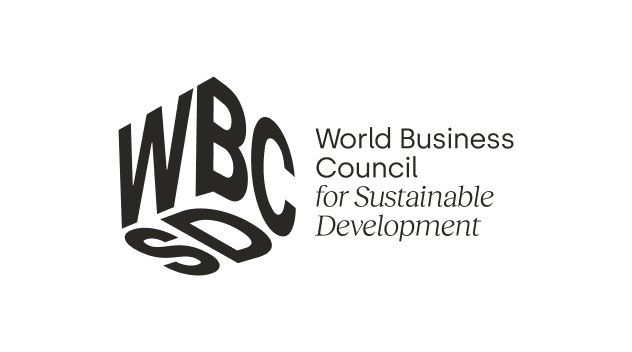
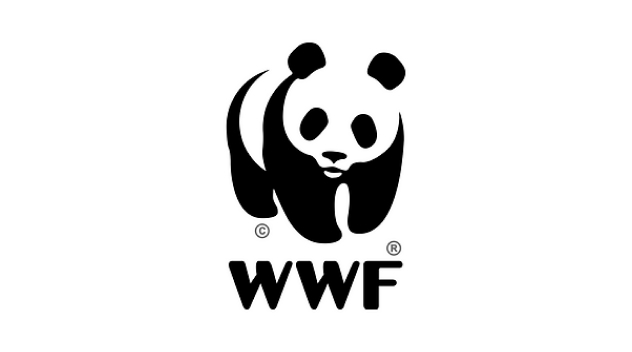


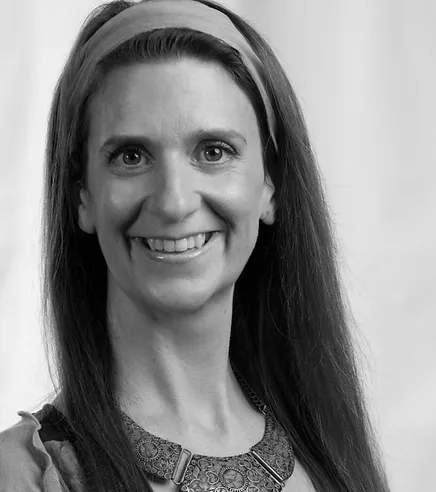
Anne-Marie Boulay
Professor
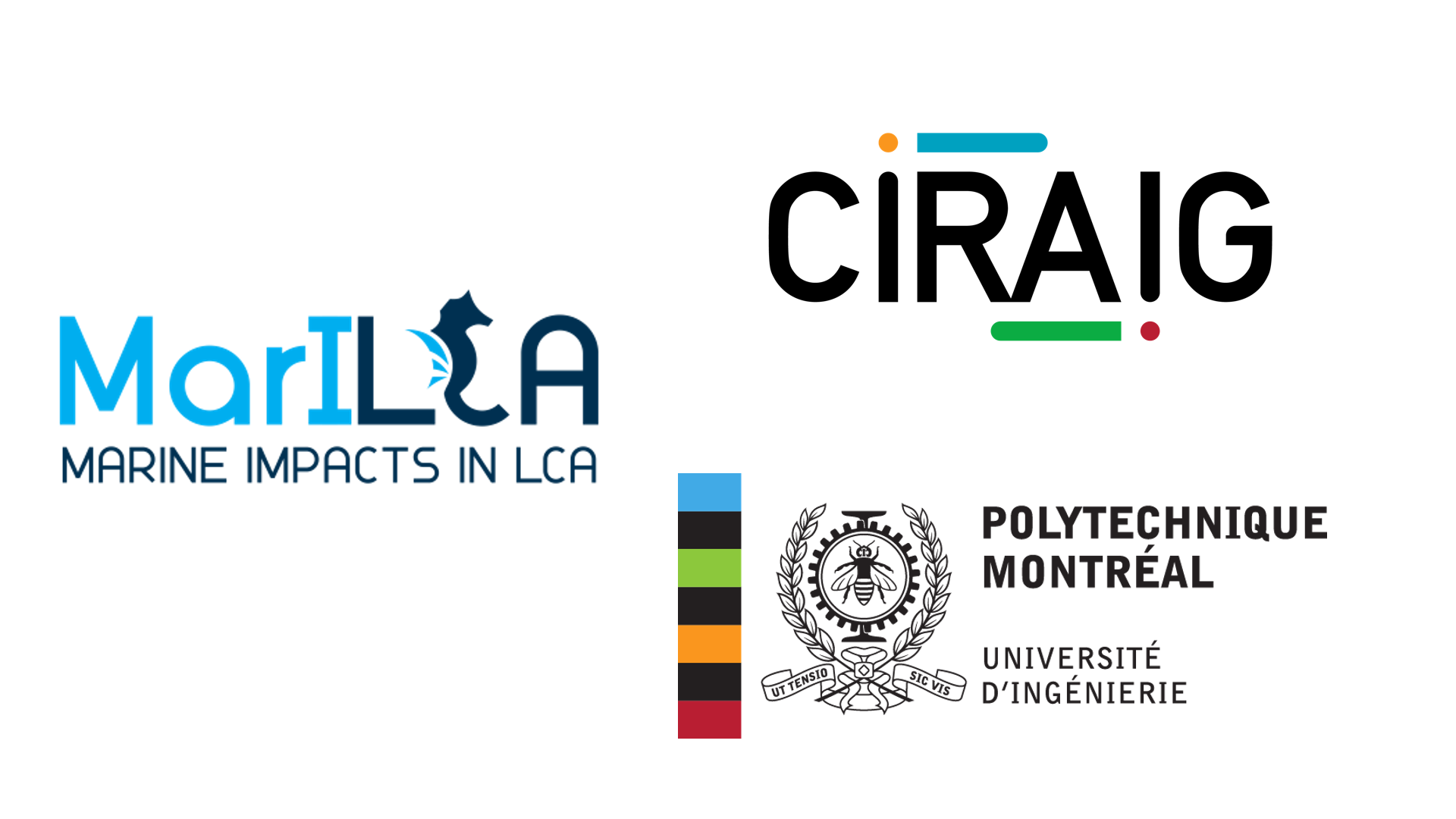
2025 sponsors will be announced in Q2 2025
2025 members will be announced in Q2 2025
PFN members represent a broad spectrum of stakeholders including: brand owners, product manufacturers, environmental consultants, sustainability activators, plastics researchers, footprint specialists, and NGOs who are leading global plastic pollution mitigation efforts.
All individuals and organizations that are committed to using robust science and collaboration to create solutions to the plastic pollution crisis are invited to join the Plastic Footprint Network.
The Plastic Footprint Network is convened by EA – Earth Action
Technical University of Munich | TUM · Chair of Circular Economy and Sustainability Assessment

Founder
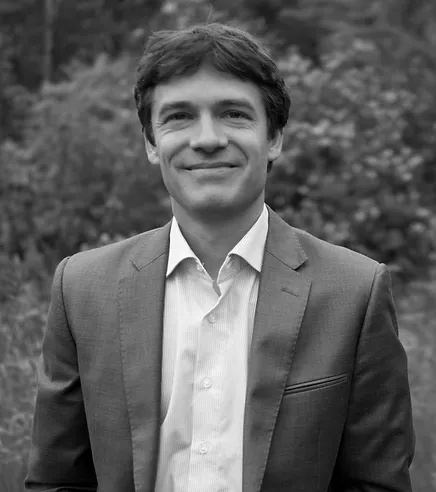
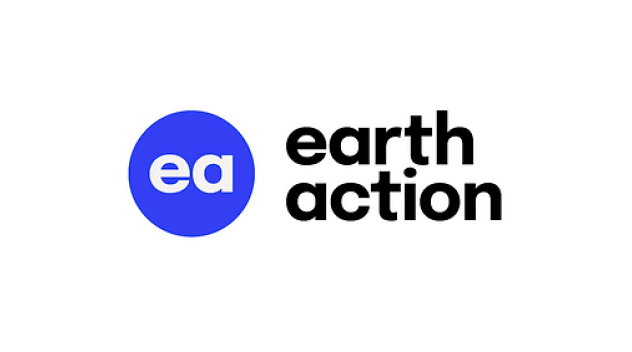
Julien Boucher is a sustainability entrepreneur and expert with over 15 years of experience in sustainability consulting, research and eco-design. He recently played a pivotal role in the development of plastic footprint methodologies and modelling of both micro- and macro- plastic pollution. He is a co-founder of Quantis in 2006, EA Earth Action in 2012, and Plasteax in 2021. Julien is lead author of > 20 publications and scientific reports and conducted consultancy projects for over 200 clients. Julien sits in the board of REFFNET, ENEC & ASL.
Principal Sustainability Consultant
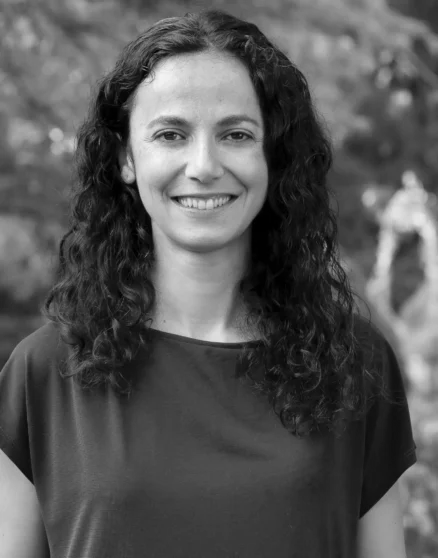

Laura works as a principal sustainability consultant at Quantis.
Senior Consultant

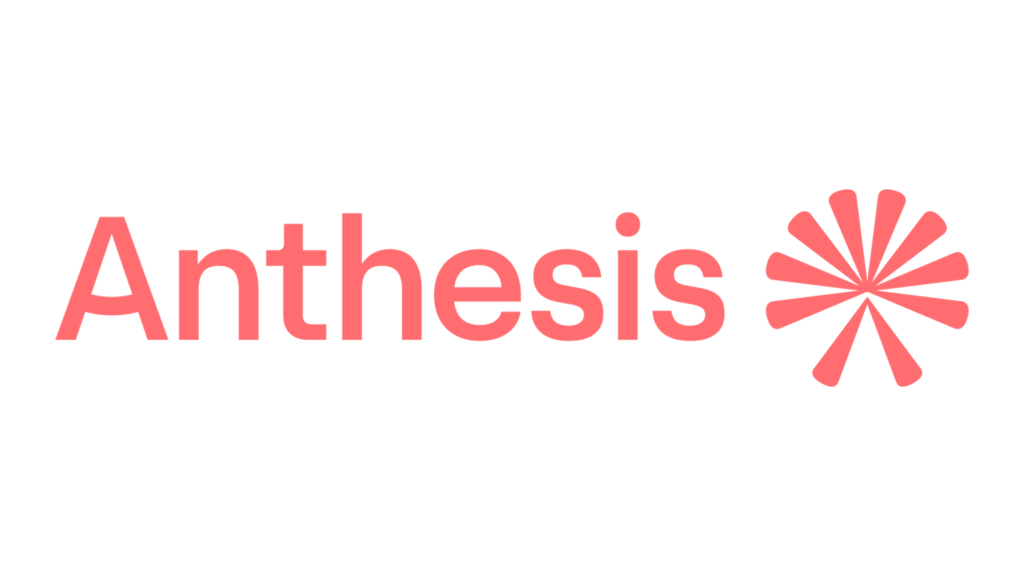
Katie is a Senior Consultant in Anthesis’ Production and Consumption team, experienced using data analysis to support the private sector reduce their environmental impact and the public sector develop policies to drive environmental improvements. Katie works to calculate clients packaging footprints and develop strategies to increase packaging sustainability, considering whole lifecycle impacts. In addition to packaging, Katie has experience tackling marine plastics, and has supported Defra to explore policy options to tackle marine litter from fishing gear.
Associate
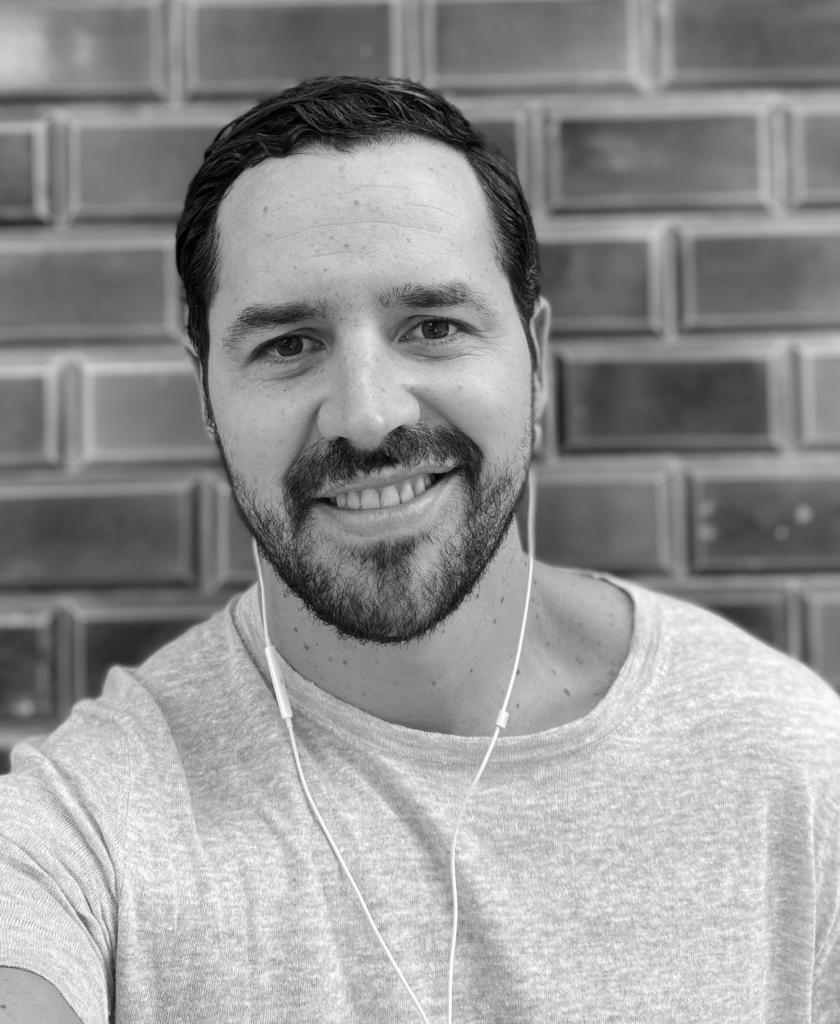
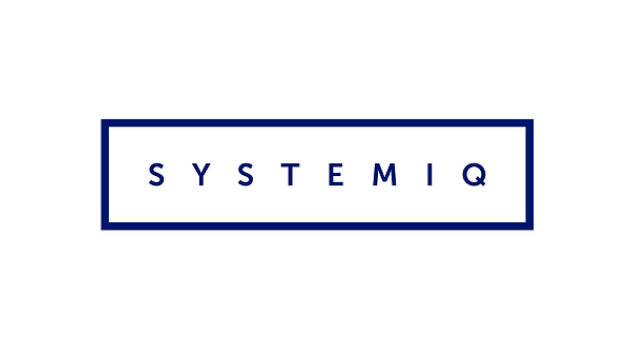
Juan Pablo Trespalacios is a member of the Materials and Circular Economy Platform at SYSTEMIQ, with a focus on plastic and packaging systems.
His work centers on advising global companies across the plastic value chain—including polymer producers, converters, and consumer goods companies—to drive systemic change toward more sustainable packaging solutions.
Juan Pablo brings expertise in systems modeling and strategic insight generation on topics such as alternative materials, chemical recycling, and carbon stewardship within the plastics sector.
He currently leads the collaboration between SYSTEMIQ and the Global Plastic Action Partnership (a platform of the World Economic Forum) to develop national Action Roadmaps for eliminating plastic pollution across 25 partner countries.
He also has a background in business and marketing strategy consulting, with particular experience in the consumer goods sector across Latin America, the United States, and Europe.
Senior Program Officer

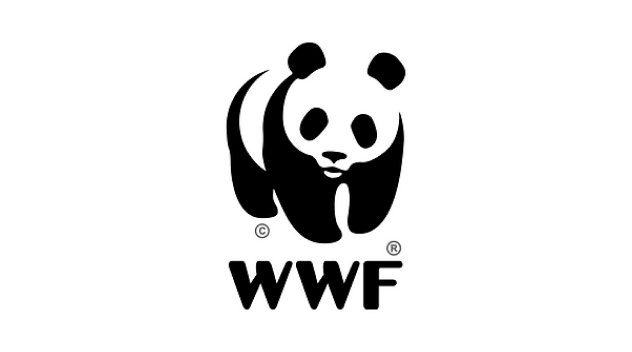
Daniel Håbesland is a Senior Program Officer on the Plastic & Material Science team at WWF. He leads the team’s work on measurement and reporting and manages the ReSource Footprint Tracker, the framework through which organizations in ReSource: Plastic, the U.S. Plastics Pact, and the Canada Plastics Pact report on and track progress against their plastic commitments. Using the data collected through the ReSource Footprint Tracker, Daniel advises companies on their sustainable packaging strategies and identifies key trends, challenges, and opportunities for collective action. He also works closely with other leading organizations in the corporate plastic disclosure space to drive for harmonization of definitions, metrics, and methodologies.
Professor

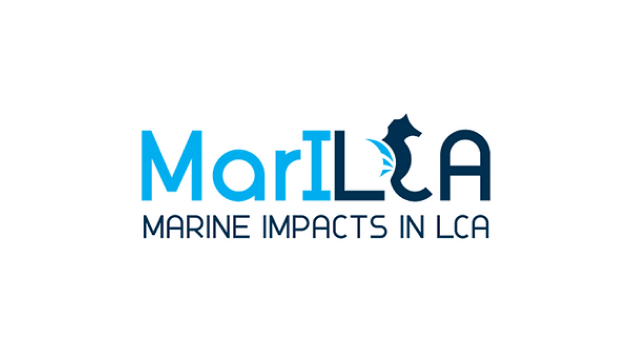
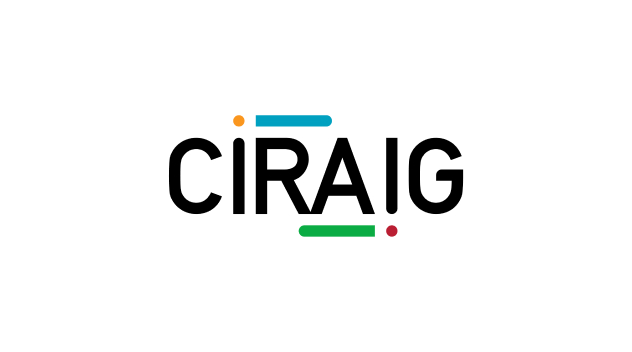
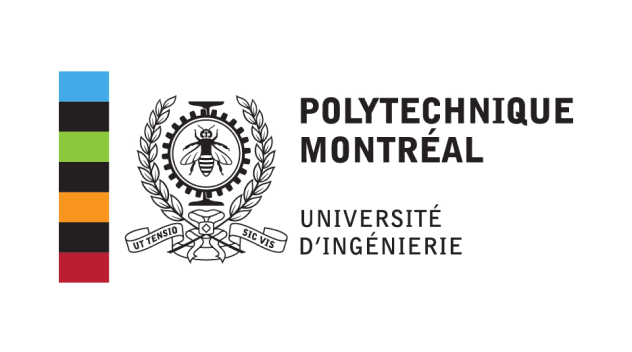
After more than 10 years in Life Cycle Impact Assessment, Anne-Marie Boulay has become an expert on water footprint, providing water footprint training for UNEP and ISO in developing countries around the world and she is the Canadian chair of ISO sub-committee on Life Cycle Assessment. Assistant Professor in Chemical Engineering at Polytechnique Montreal and CIRAIG, she is also chairing the WULCA working group on water use in LCA of UN Environment, the LEAP working group of FAO on water footprint and the MARILCA working group (UN Environment and FSLCI) on marine impacts, specifically plastic litter, in LCA.